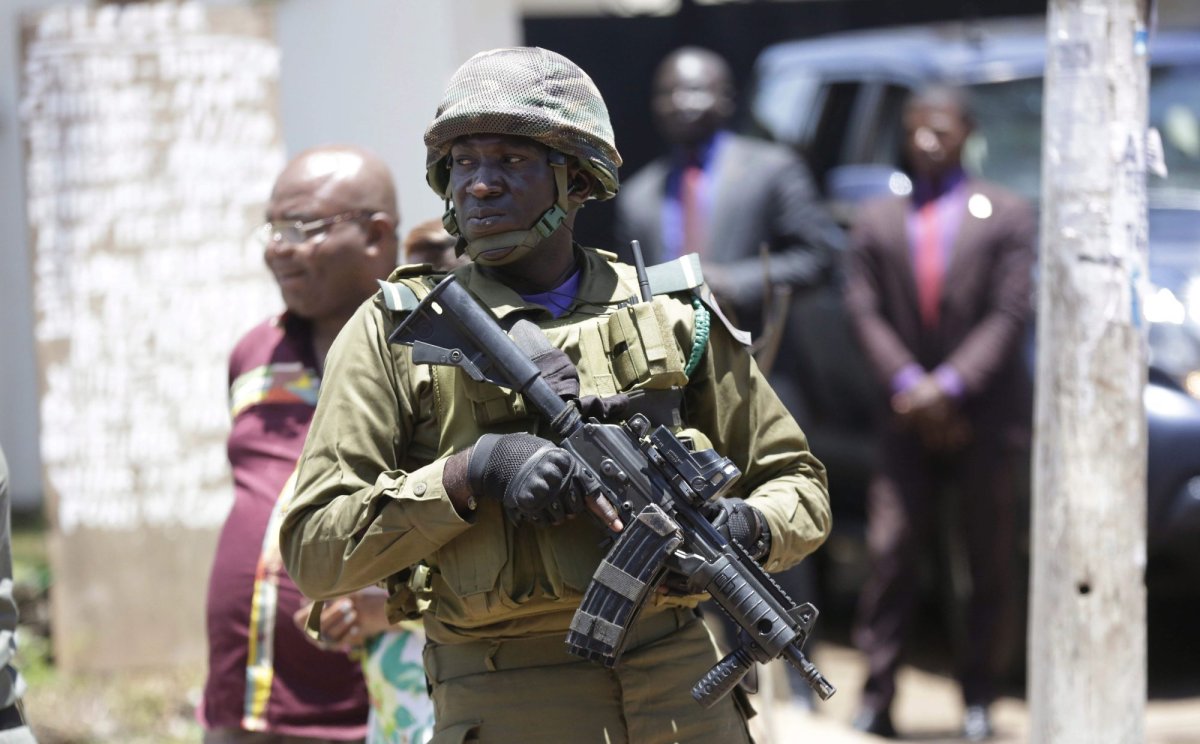Cameroon’s government on Monday said it had not asked any country to mediate its conflict with Anglophone separatists, apparently denying a statement from Canada that it had been assigned to work on a peace process.

On Jan. 21, Canada’s foreign ministry said it had accepted a mandate to facilitate a peace process between Cameroonian authorities and some separatist factions in English-speaking regions to resolve a conflict that has killed over 6,000 people since 2017.
But the Cameroonian government “has not entrusted any foreign country or external entity with any role of mediator or facilitator to settle the crisis,” it said in a statement that did not directly mention Canada.
A spokesperson for the Anglophone separatists, who are trying to form a breakaway state called Ambazonia in the country’s minority English-speaking regions, said they had taken note of the government’s latest statement but would not comment further.
On Jan. 21, they said they were committed to a negotiated process mandated by Canada.
The office of Canada’s Foreign Affairs Minister Melanie Joly said it already held three meetings in Canada that included representatives from the government of Cameroon.

Get breaking National news
“We are in touch with the parties and our previous statement stands,” wrote spokesman Adrien Blanchard.
- Elon Musk sued by Cards Against Humanity for $20M over trespassing claims
- Canadian tourists to Egypt will be able to get online visas again: Joly
- Trudeau pushes allies to lift long-range weapons limits for Ukraine at UN
- Tropical storm Helene forms in Caribbean, but could hit Florida as major hurricane
“Canada’s sole interest in this matter is a peaceful resolution and a safer future for all civilians affected by the conflict.”
The U.S. Embassy in Cameroon’s capital Yaounde said on Twitter on Monday that it welcomed Canada’s announcement of talks to resolve the crisis.
Cameroon’s separatist movement stems from the perceived marginalization of the English-speaking community by the French-speaking majority.
Since 2017, factions of secessionist militias have been battling government troops in the two English-speaking regions, which has killed thousands and displaced nearly 800,000 people. Meanwhile some 600,000 children do not have full access to education, according to the Canadian government.
A 2019 national dialog granted special status to the two Anglophone regions but failed to resolve the conflict.
—With files from the Canadian Press








Comments